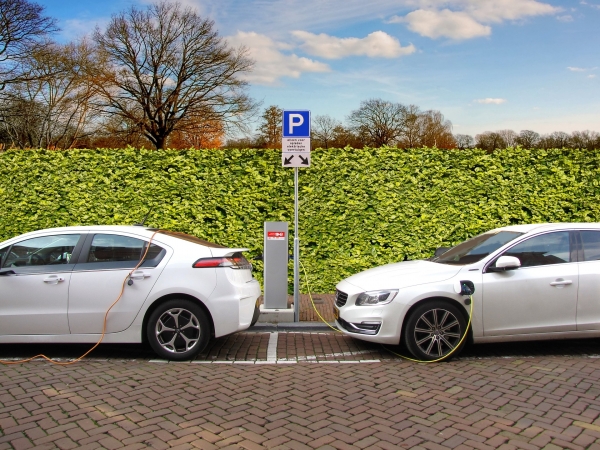The researchers, from the University of Cambridge, say their algorithm could help drivers, manufacturers and businesses get the most out of the batteries that power electric vehicles by suggesting routes and driving patterns that minimise battery degradation and charging times.
The team developed a non-invasive way to probe batteries and get a holistic view of battery health. These results were then fed into a machine learning algorithm that can predict how different driving patterns will affect the future health of the battery.
If developed commercially, the algorithm could be used to recommend routes that get drivers from point to point in the shortest time without degrading the battery, for example, or recommend the fastest way to charge the battery without causing it to degrade. The results are reported in the journal Nature Communications.
Read more at: University of Cambridge
Photo Credit: Joenomias via Pixabay


